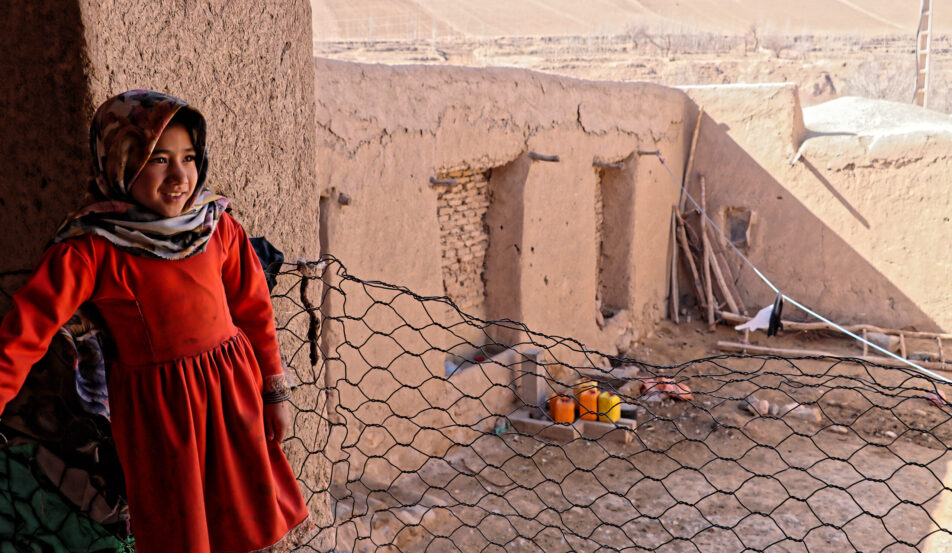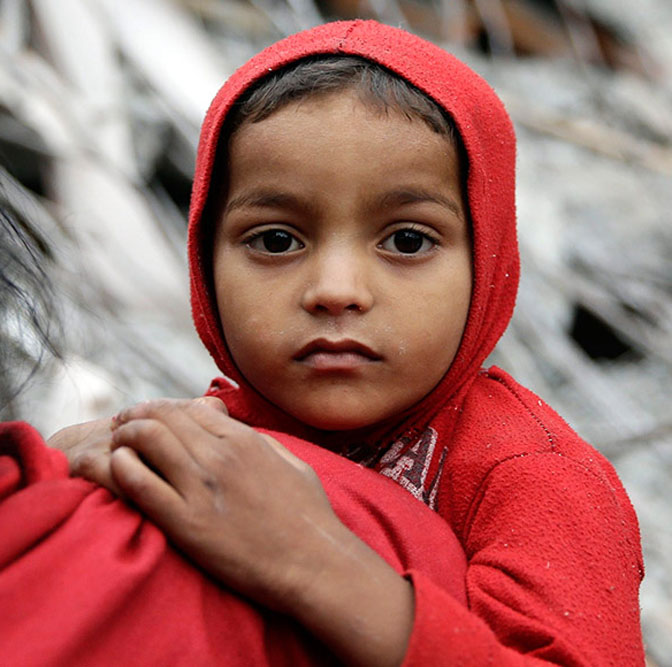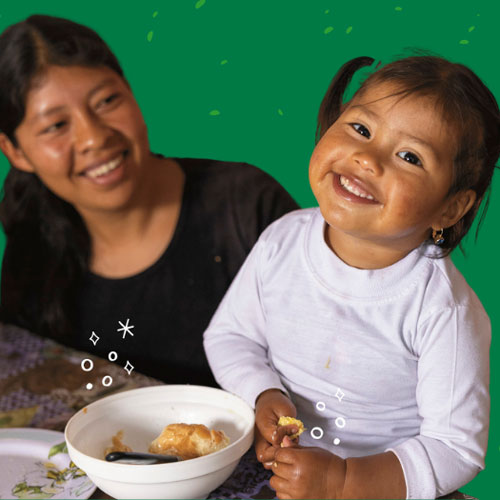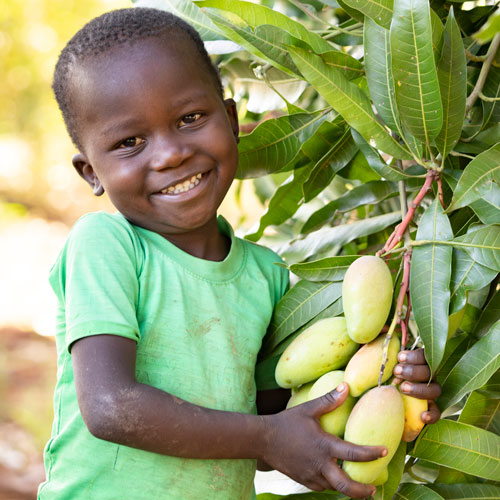How cash transfers help during a crisis
During a humanitarian emergency, ChildFund’s priority is to ensure vulnerable children and their families get the most effective support as quickly as possible.
When families suddenly find themselves without income during a crisis, an immediate injection of cash can help ensure that parents are able to provide their children with essentials: including food, water and shelter.
Providing cash can also help prevent families from resorting to coping strategies that will have far greater negative consequences in the longer-term, such as selling livestock or other productive assets which they could later use to generate a household income.
It can also help protect children and young people from exploitation and abuse, including early marriage and dangerous work, as families look for ways to to supplement their reduced household income.
What are cash transfers?
Cash transfers are direct payments (sometimes in the form of vouchers) which are given to people during an emergency. These payments are sometimes an alternative to distributing items such as food, hygiene packs, blankets and temporary shelter kits. Cash transfers often compliment the distribution of goods.
Families can use the money they receive to purchase the items they need at that moment in time.
Mary (pictured below) lives in Nairobi, Kenya.
To protect the country’s struggling health system, the Kenyan government introduced measures to stop the spread of COVID-19, including intermittent lockdowns, social distancing, night curfews, movement restrictions, and a ban on social gatherings. Educational institutions have been closed and opening hours of restaurants and eateries have been reduced.

Why cash transfers?
Cash transfers can be effective in emergencies because they can often be deployed more urgently than actual goods, which need to be sourced, transported and distributed.
Cash also provides more flexibility for beneficiaries because they can use it to meet the specific needs of their families.
ChildFund Kenya Country Director Chege Ngugi says cash transfers are effective and empowering for communities.
“It is more dignified,” he says. “Rather than deciding what kind of food they need, we give money. Because food outlets are open, they can decide where they want to shop.”
Families can also prioritise how to spend the money to meet their most urgent needs, which varies depending on the family’s situation.

Like most children in rural Uganda, 11-year-old Winnie (pictured above) gets most of her food from the crops that her family grows in their garden. Her parents sell the vegetables in a small shop they operate. Heavy rains ruined much of this year’s crop, and COVID-19 has had a detrimental impact on them as small business owners.
Her parents used the small amount of money they made from this year’s harvest to pay for school fees for Winnie and her siblings, but there was little remaining for their everyday needs.
“We did not have much food stored, and my father does not make much anymore from the shop due to the lockdown,” Winnie says. “We used the money from ChildFund to buy a jerry can and soap for washing our hands regularly, and the remaining money we used to buy food.”
Are cash transfers always effective?
Cash transfers are not always the most effective way to help people in emergencies.
For example, while ChildFund Kenya decided to use cash transfers to help families affected by COVID-19 in Nairobi, it decided they would not be suitable to help families impacted by ethnic conflict in the remote Marsabit county.
Like the children in Nairobi, the children in Marsabit are suffering food shortages, but cash would not solve this problem as families in Marsabit have no access to markets where food is sold. Instead, ChildFund is supporting children through the distribution of food and other essentials.

How cash transfers are helping during the COVID-19 pandemic
ChildFund is currently responding to the COVID-19 pandemic as it hits the world’s poorest countries. The virus and the community impact of the pandemic threaten to have a disproportionate impact on vulnerable children. Where they are effective, cash transfers form part of ChildFund’s immediate response.
ChildFund Kenya has identified families who urgently need support. This includes those with members who are either very young, living with disability or having significant health issues, as well as families who have suffered a significant loss of income due to COVID-19.
The amount of cash a family receives varies based on the cost of food. In Kenya, families receive the equivalent of US$25, which can buy 24kg of maize, 10kg of nutritious pulses (beans, green peas, cow peas), 2L of cooking oil, and 2kg of sugar. These items can provide nutritious meals for a family of seven for one month.

In Uganda, cash transfers are helping people like 17-year-old Joyce (pictured above), whose mother lost her job as a bartender following a government directive to stop mass gatherings during the COVID-19 crisis.
“We had been eating the little food we had stored sparingly by having one meal a day,” Joyce says. “With the money received from ChildFund, we bought more food and soap, since we must wash our hands frequently.”
At the age of 17, Joyce is looking forward to continuing her education. This support is easing the pressure on her to help with the family income during the crisis.
Help us support those who need it most during the COVID-19 pandemic
During the COVID-19 crisis, our priority is to help protect children from the wide-ranging health, social and economic impacts of COVID-19.
With your help, together we can provide support to vulnerable children and their families in the form of cash transfers to help them through this crisis.
Make a donation online today and help mitigate the harmful effects of this global pandemic.













